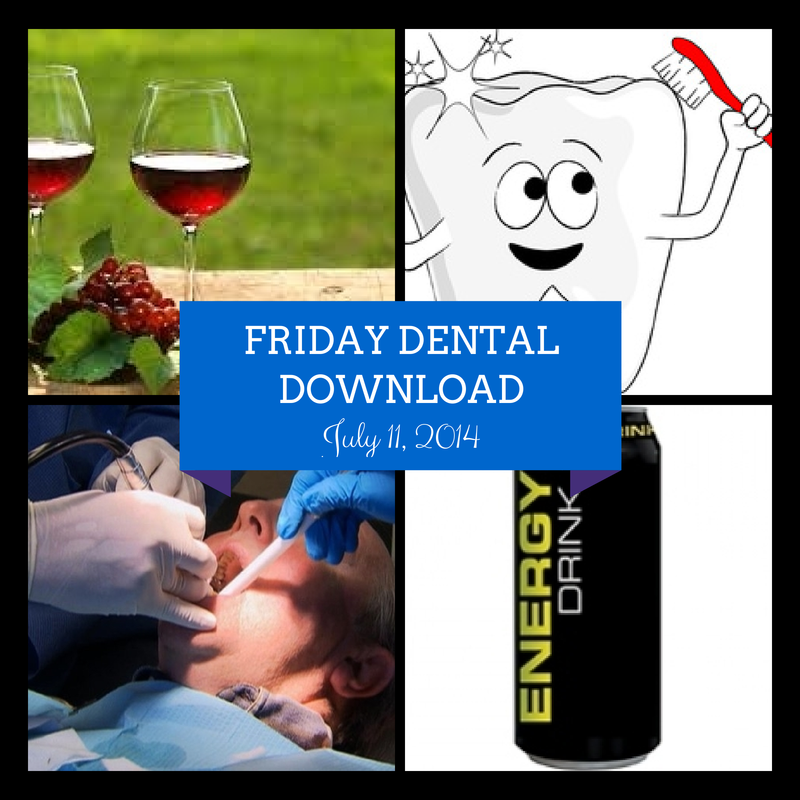This week, we discuss the potentially huge cost of the
new Obamacare decision, learn what ancient teeth reveal about the evolution of
cavities, and discover why the ACA medical coverage could improve the rate at
which young adults seek and receive routine dental care. Join the conversation
on Twitter using #FridayDentalDL.
1. ACA’s
‘Spillover’ Effect: Dental Coverage Rate Increasing for Young Adults Whose
Parents Receive Health Insurance through Employers: Although the Affordable Care Act (ACA) allows
parents to keep their children on their medical plans up to age 26, there is no
similar requirement for dental coverage. However, a new
study found that more employers are offering extended family
benefits that include dental insurance for family members up to age 26. According
to a new report that analyzes two years of post-reform data, the ACA’s expanded
dependent coverage provision increases access to dental care for young adults
ages 19-25 by 6.9 percent. The ACA medical coverage expansion’s effect on
dental coverage could increase the number of young adults seeking and receiving
routine dental care.
2. Ancient
teeth reveal evolution of cavities: A new study finds the
bacteria that causes toothaches has become more diverse over the course of
human history. Streptococcus mutans (S. mutans) is a nasty bacteria that lurks
in the mouth, frequently causing tooth decay. A new analysis of the bacteria’s
DNA extracted from human teeth dating back to the Bronze Age reveals the bug
has been mutating randomly over the years. This has caused it to become more
diverse as the human population grows.
3. The
potentially huge cost of the recent Obamacare decision: A federal appeals
court ruled that the federal government isn’t authorized to administer
insurance subsidies in the 36 states that chose not to set up their own health
insurance exchanges. On average, premiums in these federal exchange states
would increase 76 percent as a result of this decision. Opponents of the law
argued that the statute says only an exchange established by the state could
offer subsidies. This ruling will likely have significant consequences both for
the millions of people receiving tax credits through Federal Exchanges and for
health insurance markets.




